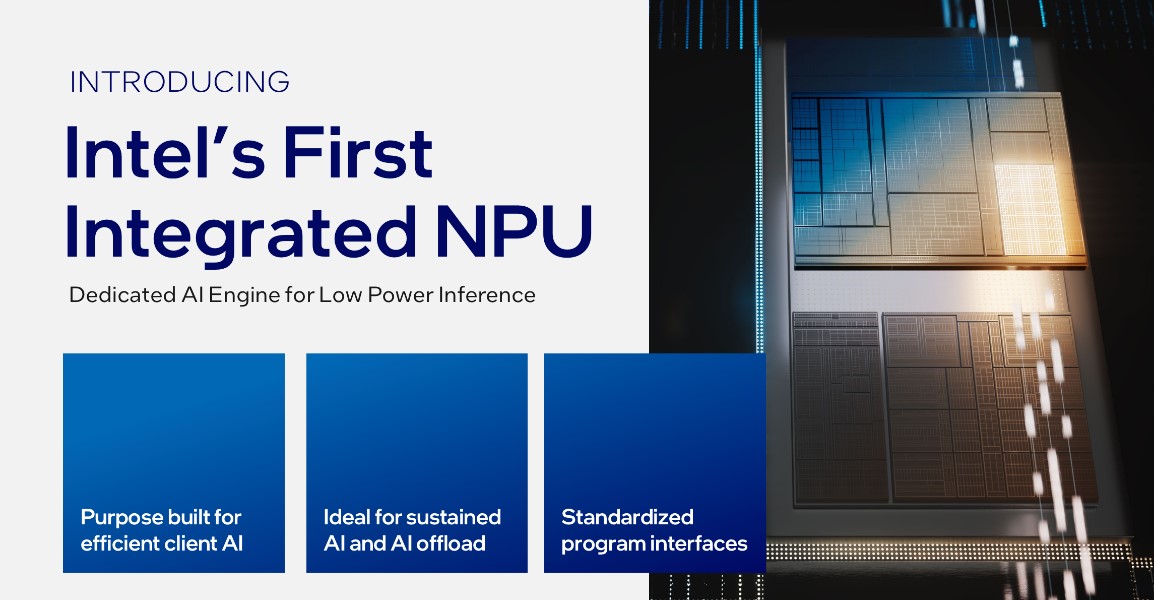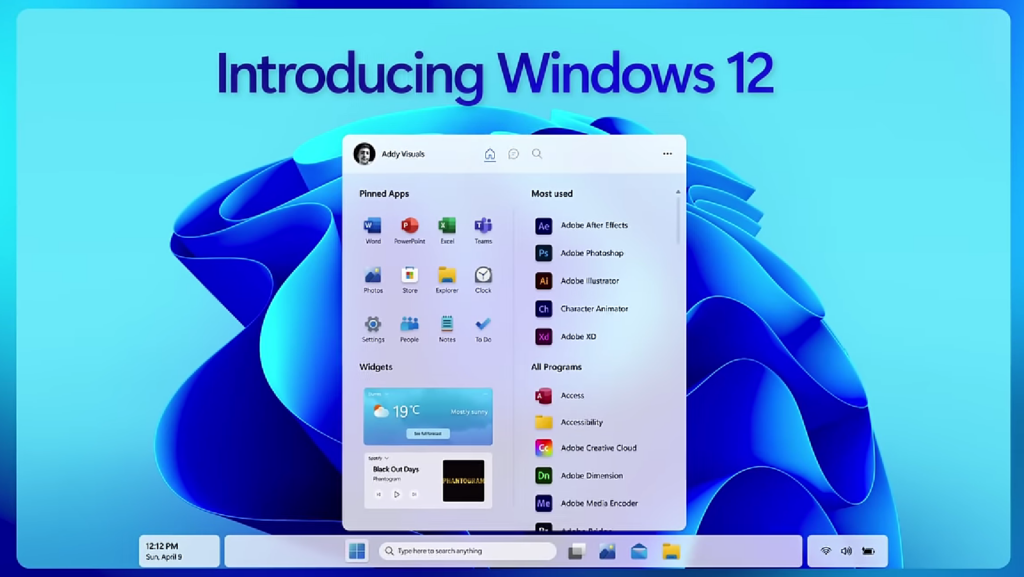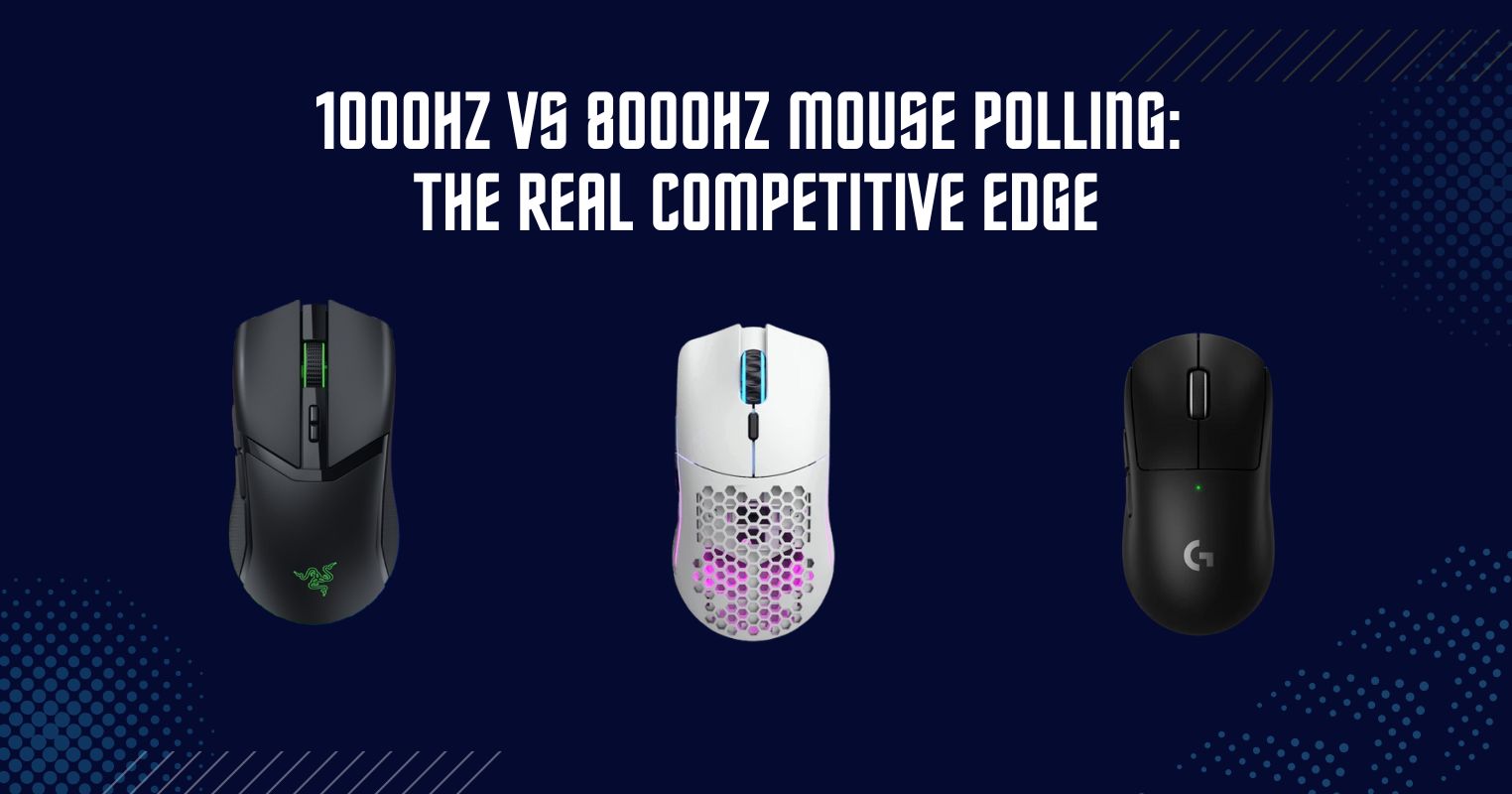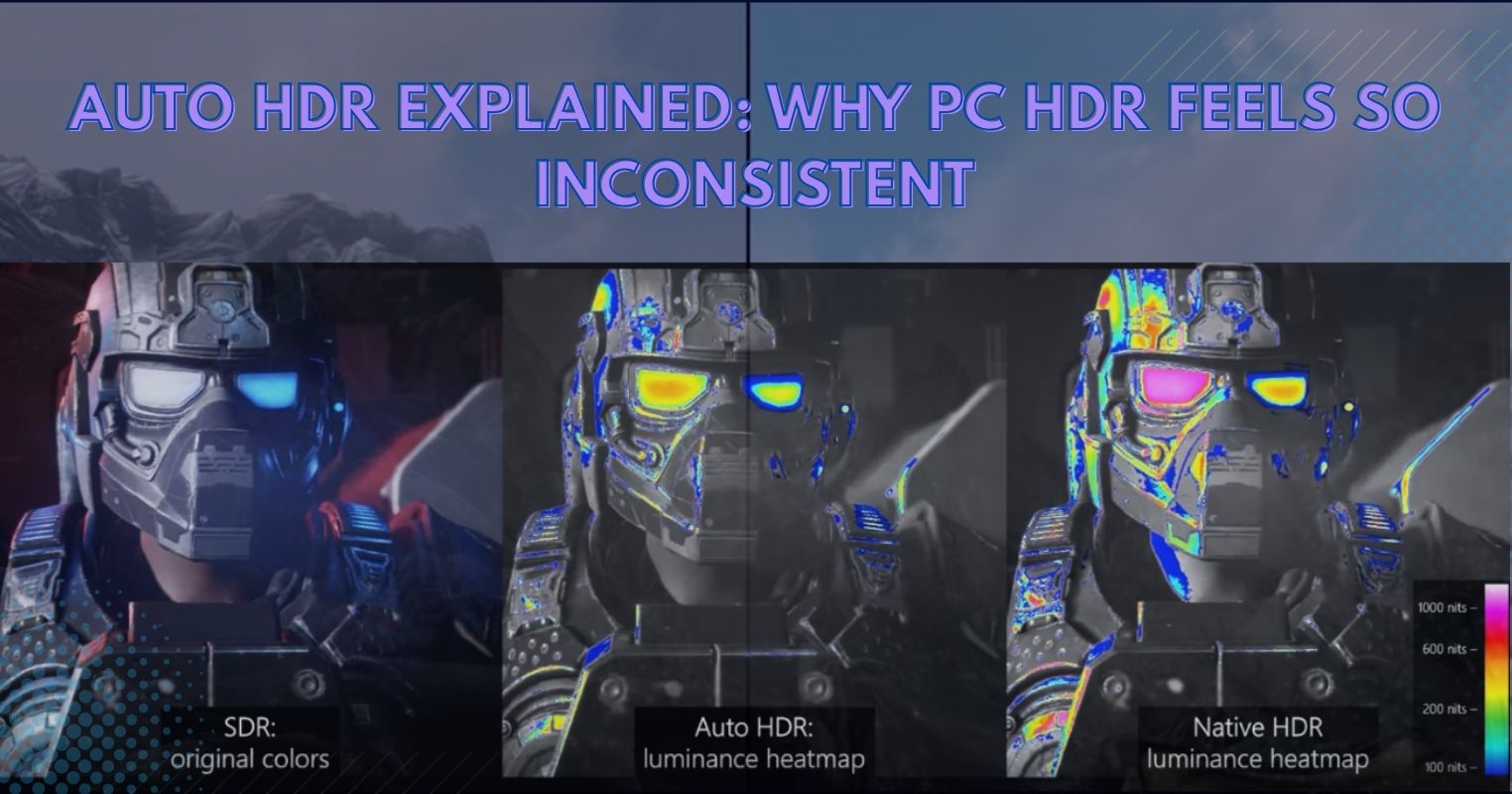- Existing PCs with decent CPUs and GPUs can handle most AI tasks efficiently, making AI PCs unnecessary for most users.
- The majority of the AI services rely on internet connectivity instead of hardware, which further reduces the need for an AI PC for you.
- AI PCs are currently a luxury, so I advise you to wait for the maturity of this technology.
AI PCs are making headlines, and there has been a lot of buzz about them recently. Every leading computer company, from laptop manufacturers to those producing the best gaming PCs and desktops, is keen to claim they offer an AI PC. Despite the buzz and intriguing prospects offered by these PCs, I’m here to explain why you don’t really need to buy an AI PC just yet.
First, let’s clarify what an AI PC is. Essentially, AI PCs are computers designed to support artificial intelligence capabilities, indulging specialized hardware like Neural Processing Units (NPUs) to accelerate machine learning tasks. These PCs aim to enhance performance in areas like voice recognition, real-time language translation, and predictive computing.
Existing Hardware Is Sufficient For Consumer-Level AI Tasks
AI PCs are designed to support specialized hardware like Neural Processing Units (NPUs) to accelerate machine learning tasks. While this sounds impressive, most AI tools available today can run efficiently on an average PC.

Let’s take the example of voice assistants and predictive typing. Your current PC, equipped with a decent CPU and perhaps a mid-range GPU, can handle these tasks smoothly. Software like Google Assistant, Alexa, Cortana, and Siri already perform very well without the need for specialized AI hardware. Upgrading to an AI PC for these tasks would be an unnecessary expense, in my opinion.
A Regular PC Can Easily Run Cloud-Based AI Services
Most AI services we use daily rely heavily on internet connectivity rather than local processing power. Applications like virtual assistants, online language translators, and AI-driven search engines like ChatGPT, Gemini, Waldo, Copilot, Brave, etc perform computations on remote servers and send results back to your device.
This cloud-based approach also goes to show that you don’t really need an AI PC as you can run these tasks on your regular PC having good internet connectivity. As someone who uses their computer for both work and play every day, what can truly convince me to buy an AI PC are features that open up new possibilities we’ve never seen before.
For instance, on-device AI assistants made for different tasks—whether for writers, designers, or developers—can generate nearly complete drafts based on your instructions, leaving you to only finalize your work. Something like this would stimulate me to buy them, but for now, it’s still a waiting game.
Practical Needs: Assess Your Requirements
For everyday tasks, traditional PCs perform exceptionally well. Investing in an AI PC for them is overkill and doesn’t provide any noticeable improvement in your computing experience.
Yes’ if you’re in a niche field that requires heavy AI processing like machine learning research or high-level AI development, then buying an AI PC might make sense. However, there are few users and few far between. For the majority of us, traditional PCs with powerful CPUs and GPUs are more than enough.
Wait for Maturity
Technology advances rapidly, and AI is no exception. Reports about a future Windows 12 upgrade suggest that Microsoft is planning to include more advanced AI capabilities into the operating system. This could include an improved Copilot for common tasks or an AI Explorer that learns your workflows and suggests relevant fields accordingly.
In order to fulfill this ambition, Windows 12 might require a dedicated NPU to handle the AI tasks locally and more efficiently. And what will this mean? Yes, you guessed it right: AI PCs will become more common, and surely, more and more people will be willing to buy them.

Make The Smart Move
AI PCs are truly amazing and might as well take over the computing industry in the future. But for now, the high cost and benefits don’t justify the incremental improvements and advantages that they offer.
So what should you do now? Well, I would suggest hold off for now and let the technology mature. Let the PCs become more affordable before you jump into buying them. For now, stick to your regular PCs as you can very easily perform the majority of your tasks on them.
Thank you! Please share your positive feedback. 🔋
How could we improve this post? Please Help us. 😔
Moiz Banoori, with a decade of experience in gaming and tech journalism and a degree in journalism, is a notable figure in the industry. He has contributed to various esteemed platforms, showcasing his expertise in both reporting and opinion writing.




